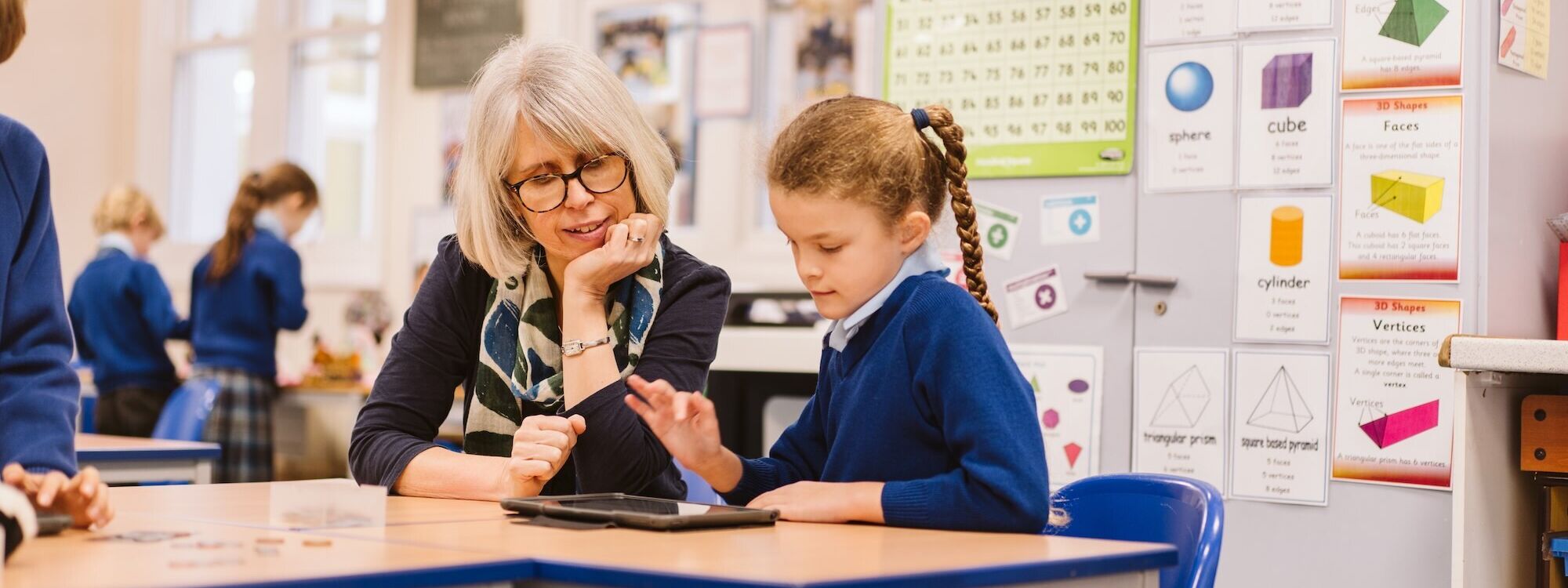- Home
- Curriculum
- Subjects
- Religious Education
Religious Education
BackWe follow the new Surrey Religious Education (RE) curriculum that aims to give the children a deep understanding and appreciation of both their own and others’ beliefs so that they are well prepared, to live in a diverse multi-religious and multi-secular society.
Our teaching is based on questions about the meaning and purpose in life, beliefs (religious and non-religious), issues of right and wrong and what it means to be human. In RE the children learn about and form worldviews, including Christianity and other principal religions and beliefs (including non-religious perspectives such as Humanism) in local, national and global contexts, to discover, explore and consider different answers to these questions.
Behind our curriculum in the Lower School and Upper School lie The Golden Threads, which ensure pupils explore their learning in RE from 3 different perspectives through the lenses of:
- Theology;
- Philosophy, and
- Sociology.
Every year we host a Think Week exhibition, which explores faith and spirituality through a range of thought-provoking activities.
"Pupils who spoke to inspectors articulated complex and deep ideas about how music, stories and ideas from different religions had affected them emotionally and made them think. Questions posed to pupils in religious education lessons prompt their considered reflection on the issues raised." ISI March 2023
Early Years Foundation Stage (EYFS)
In EYFS, learning is made through the pupils’ own experiences. These experiences include learning about the celebration of different festivals and hearing stories that are special to different religious and non-religious people.
Lower School
In Lower School pupils gain insights by encountering the practices, artefacts, stories and beliefs of some Christian, Jewish and Muslim people, through a rich range of resources such as art & music.
Upper School
Children in the Upper School extend their knowledge of religious beliefs, but continue to explore their own personal worldview and begin to articulate some of the factors that may have influenced it, also applying their thinking to help them to understand the worldviews of others.
